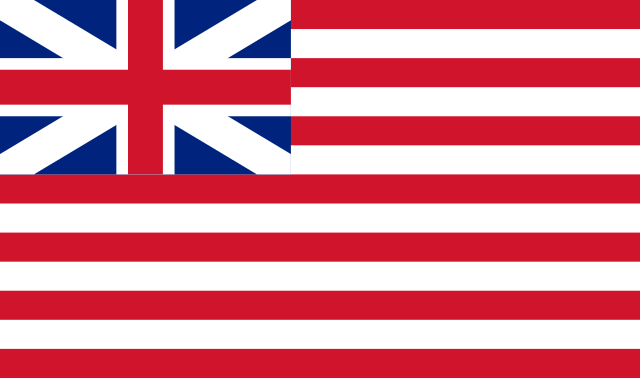In light of our recent articles on European populism and comparing anti-democratic mass demonstrations in Thailand to the U.S. tea party movement, I was thinking about the latter group once again. I was also double-checking the history of the East India Company for research and stumbled into the realization that the “tea party” part of the name might be more accurate than previously believed.
The common version of the story is that it was a protest against high taxes from Britain — on tea among other things — without representation in parliament. Obviously, this would not be an accurate analogue to anything in the modern United States because the people protesting are represented in the elected legislative body of the national government.
There’s also usually a claim that the colonists were being “forced” by the government to purchase tea from a monopoly. And maybe you could make a case that government policies today are creating de facto monopolies for certain companies (like internet service providers) — mostly through lax regulation. But they generally haven’t been protesting that angle. It’s always been about the original “Taxed Enough Already” (TEA) claim.
So back to the history: in fact, the inciting factor provoking the riot was not some act of increased “taxation without representation” but actually that the British government lowered the tax burden, by allowing the EIC to import tea directly into cities like Boston, without going through British home customs first. Yes the government was still making the EIC the monopoly licensed tea importer, but middle-class colonists had been blatantly ignoring that restriction anyway, in light of the previously high prices on taxed tea imports. Instead, they had been illegally buying tax-exempt tea from Dutch wholesalers brought in by American smugglers.
Those smugglers had become very wealthy, especially in Boston. The problem was that their business only survived by virtue of multiply-taxed East India Company tea being way more expensive than the competing non-British tea. People weren’t buying Dutch tea as a political statement (before the Boston Tea Party), but to get a deal. As soon as EIC became the cheapest tea in the game (not through unfair subsidies, just tax cuts!), everyone was more than willing to purchase legal British tea (including customs duties). And the wealthy business interests running the illegal tea were not happy with being priced out of the market.
Thus, the original Boston Tea Party is less a cry of freedom and more a story of a bunch of rich guys rallying a populist mob to halt the enforcement of government regulation on their illegal business activities and to protest the cutting of taxes that affected average people because tax-avoiding smuggling was how they had become rich. All they had to do was drop some vague buzzwords like “liberty” and rights” to make the case that the money consumers were spending on tea should be going into their own pockets instead of into the royal treasury (which was paying for all the colonial defenses, the debt from the French & Indian War, etc).
So to recap, this current conservative populist “movement” named itself after a protest against policies that benefited common people but negatively impacted wealthy business interests led by flagrant tax evaders. That seems pretty apt actually.
It’s too bad that wealthy interests are so often and so easily able to rabble-rouse disaffected and struggling middle class people to rally against their own interests on behalf of the rich.





 One such recent gem was
One such recent gem was 


